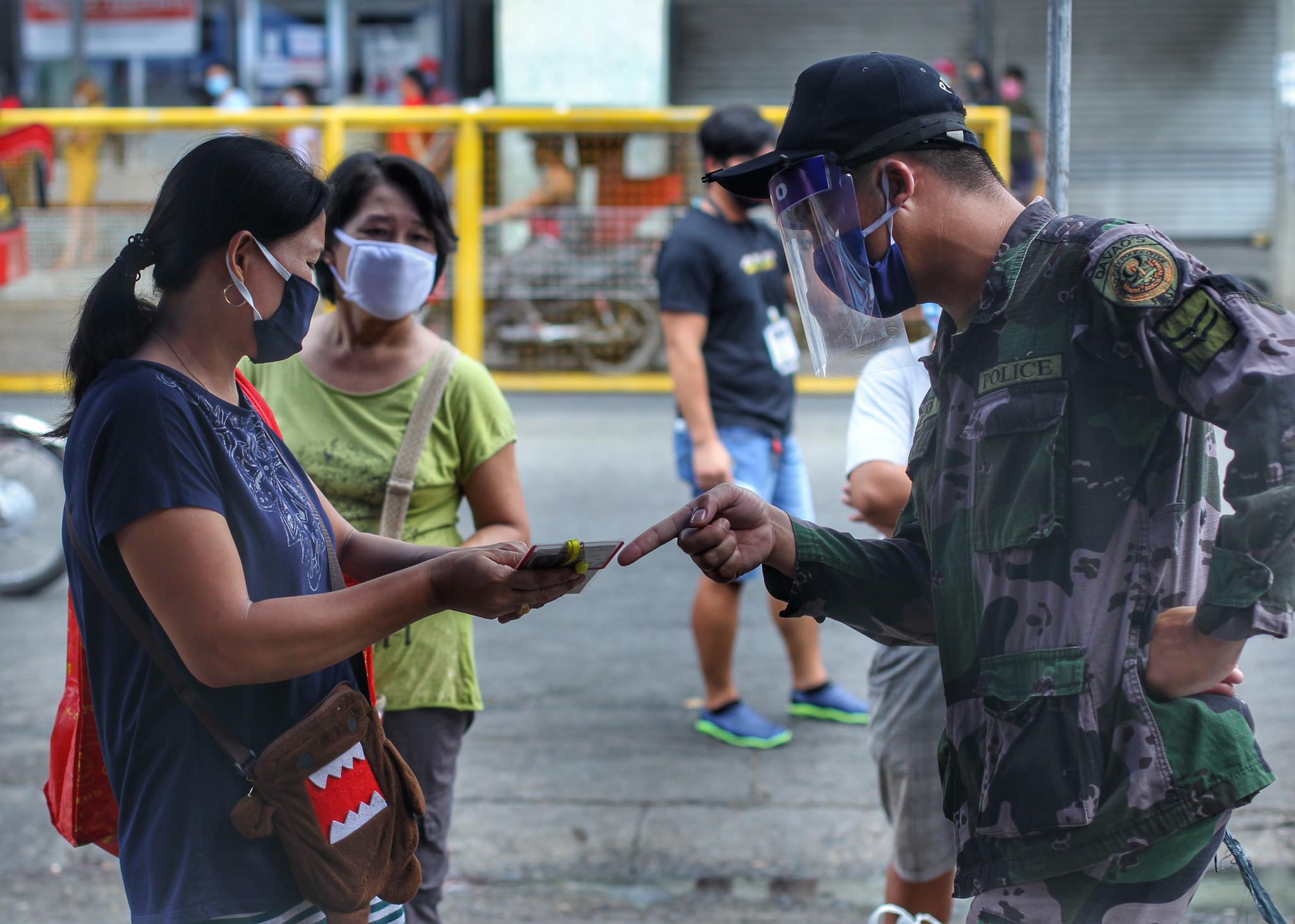

Most coronavirus disease control measures are universally experimental. Save for the trusted, personal hygiene, social distancing and isolation measures, all other measures especially those that relate to movement restrictions are experimental and vary according to location, local laws and culture.
That said, when local governments enforce measures to control people’s movement outdoors like the community quarantine in varying degrees, there is also an accompanying responsibility to check these ‘experiments’ whether there are flaws in the system, whether they are effective or not based on empirical evidence. A case in point is Davao City’s ECQ and its relative tools to ensure community compliance. While there is a marked decrease in the number of vehicles on the road, the numbers are still irritatingly exceeding expectations. Convergence areas like public markets still attract huge crowds albeit controlled by the FM pass.
Oh yes, with the FM Pass, the confusion on the first day is arguably the number coding. Press the bummer alert on this one and revisit quickly the numbers assigned to clusters. Like we said, experiments do have some flaws because as their very nature is, they are experiments. Any number-based instruments traditionally begin with the same assigned digits except for the last one like IDs, lottery tickets, document control numbers, bank account numbers, currency bills and even our phone numbers. A quick check and some fix like re-assigning the number coding, say, use the last digit instead for more uniqueness will do the trick.
Since the city government is very clear that limiting people leaving their homes is the main battlecry of this whole Covid-19 tactical strategy, perhaps it is worth looking at the limitations not only on how many people go out and where they are only allowed to go. Looking beyond the volume means looking at the time element. In the same context as the curfew hours, the use of FM pass based on clusters should have a time limit. For example, market hours for barangays may be assigned and limited to 2 hours. We get it, early bird catches the worm. That explains why people rush to the markets at the first opening hours. It’s a bit tricky but the city’s market experts may look into this in the coming days. In other countries battling the virus, grocery hours for particular areas and sectors are assigned to avoid crowding.
Talking about public markets, these are danger zones. So people must limit their visits to markets even with the valid FM pass. Marketing should be done accumulatively for a week’s consumption perhaps. Some people go to market for the sake of going to market and because they have a pass. Some just out of curiosity. What’s the outside world like today? Or out of curiosity of what’s in the shelves. Boredom kills, yes. But so do curiosity. Ask the cat.
Finally, there will be ‘pasaways.’ From motorists evading checkpoints to people flaunting social distancing and isolation laws. The city government is not lacking in warnings and cautions. Even the use of slogans and some scary reminders like “laparo” and “sagpa”. We have lived with these violently-themed warnings. Long time ago, we heard a baby product commercial tell us: “ang mikrobyo hindi bini-baby, pinapatay.” It’s nothing new these cute little threats. But there has to be enforcement of the law. Not just threats. Warnings must be accompanied by faithful enforcement of penalties. Where violators are not dealt with accordingly, the ‘pasaways’ will have their field day flaunting. These law-breakers and flaunters should get what they deserve under the law, not necessarily a slap or some beating.
The city government is not falling short in working to keep everyone safe. But just to be clear, what we are saying here is not fault-finding but contributing our part in assigning errors to fix a system.

